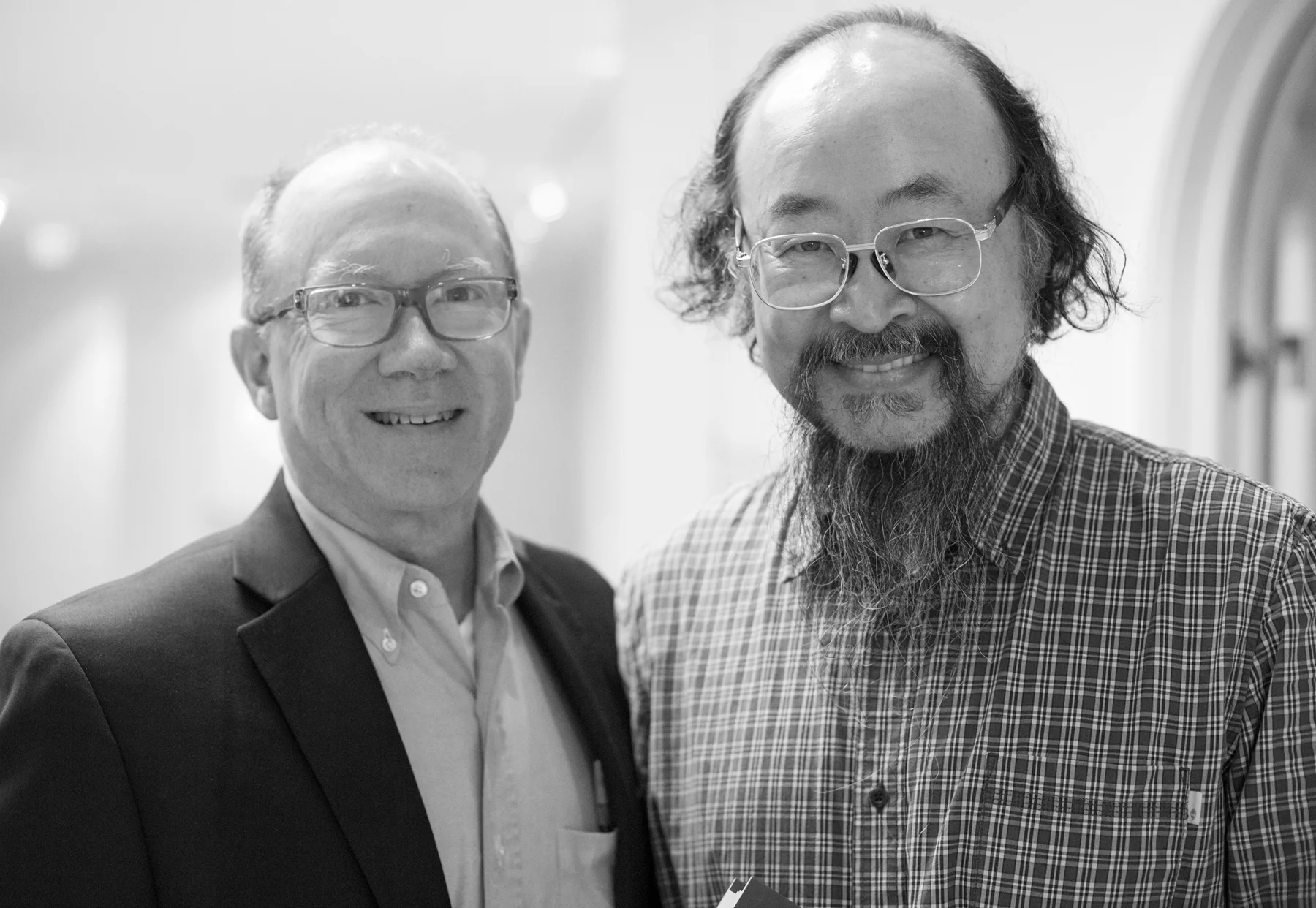International Invitational Symposium - Esalen Institute - Big Sur, California
I attended an international invitational symposium on "Mind, Matter, and the New Real" at the Center for Theory and Research at Esalen Institute located in Big Sur, California, where I presented my paper entitled "Materialism's Demise and the Search for a New Existential Myth: Some Personal Observations." The symposium explored some of the various roles that quantum theory and the nature of matter have played in shaping our understanding of who we are and what our place in the cosmos is. In particular, presenters looked at the mind-matter interface and the nature of time from the perspectives of psychology, philosophy of mind, and quantum theory and the obvious but still contentious resonances these display with the phenomenologies of mystical, imaginal, synchronistic, and other “rogue” or anomalous phenomena. Papers also addressed the incredible success of mathematics in modeling the physical universe from the smallest to the largest scales in space and time and what this possibly tells us about a cosmic dimension of mind itself.
Presenters included physicist Harald Atmanspacher of Zurich University's Collegium Helveticum; physicist Thomas Filk from the University of Freiburg; physicist and founder of the theory of Quantum Bayesianism (QBism) Chris Fuchs from the University of Massachusetts at Boston; Excelsior College physicist and philosopher Ruth Kastner; cognitive scientist Ed Kelly from the University of Virginia's Division of Perceptual Studies; Rice University's J. Newton Rayzor Professor of Philosophy and Religious Thought, Jeff Kripal; Essex University Professor in Psychoanalytic Studies, Roderick Main; Leibniz scholar Paul Marshall, philosopher Hedda Hassel Morch from New York University; neurobiologist David Presti, University of California at Berkeley; Finnish philosopher Paavo Pylkkanen from Helsinki University; philosopher of science Gustavo Rodriguez from the University of California at Berkeley; University of Toronto philosopher William Seager; and historian Andreas Sommer from Cambridge University.



